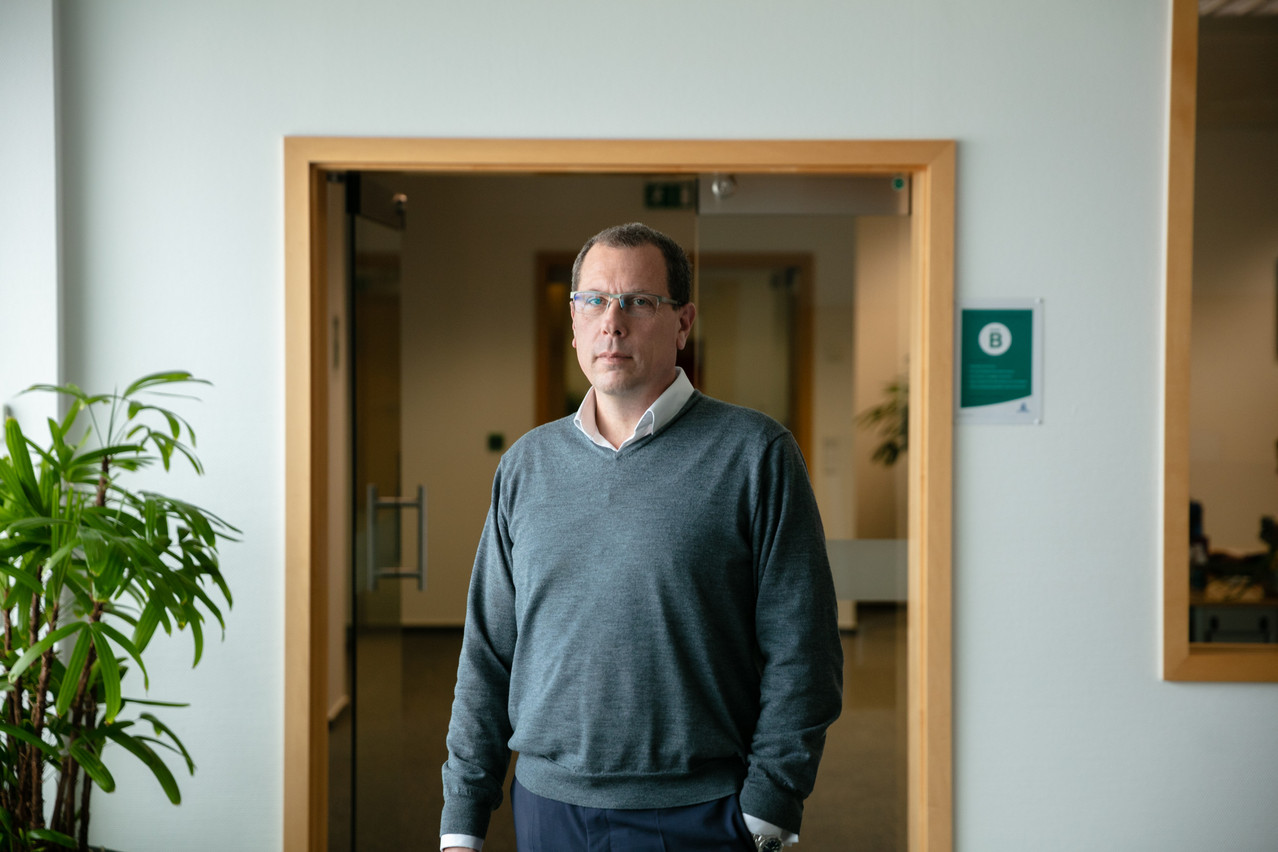Aaron Grunwald: You told me earlier that you have a few employees who’ve been with you since the beginning.
Eduardo Gramuglia Pallavicino: So I signed their letters saying ‘congratulations’. I signed one yesterday [on 1 June], and I signed a few more last year, because the 30th anniversary was last year. We’re at 31 today. I don’t know off the top of my head, but I do recall signing at least three. It’s quite impressive, because now we are around about 1,000 employees, 600 on the bank side and 300 on the [transfer agent] side. So I’m sure there’s a few more...
Going back to 1990, is it fair to say that State Street came to Luxembourg to take advantage of the EU’s Ucits retail fund directive?
We have employees that are with us after 30 years, we also have clients that are with us after 30 years. So the client that we came to Luxembourg with 30 years ago is still a client of ours and has been growing ever since... the client obviously wanted to avail of what Ucits was presenting for cross-border distribution. It was a client of ours in Boston and asked State Street, ‘would you set up a presence to service our funds?’ And so we did.
In very simple terms, what is your business here, in Luxembourg?
We look after our clients’ assets, wherever they are in the world... making sure that everything’s being done in compliance with what it says on the tin.
What have been the biggest changes over the past three decades of operating here in Luxembourg?
Probably the main change is that Luxembourg became the second largest fund domicile in the world. The financial industry before was more private banking tilted... with the introduction of Ucits, and then [the Alternative Investment Fund Managers Directive] later, the fund industry, in terms of its weight in the financial industry, has become more marked or heavier.
Is that a good thing or a bad thing?
That’s a good thing. It’s all regulated business, and so it’s very transparent.
What are the big challenges that you’re facing in the coming few years?
I think it’s the continuous evolution. And continuously staying current with the trends in the market, with investors’ preferences. You need to talk a lot about technology, a lot about digitisation, a lot about tokenisation....
Do you think that tokenisation or distributed ledger technologies are a fundamental threat to your business?
You probably have heard the Chinese proverb, ‘when the winds of change blow, some people build walls and some build windmills.’ We’ve been around for 225 years as a company, 30 in Luxembourg, but as a bank, 225. If we had resisted every change, we wouldn’t be here anymore.
Are you planning to grow your headcount here?
No... I mean, we’re a scale business... with technology and more opportunities [for] automating processes, with new artificial intelligence and the like, we’re going to be careful about where we grow and how we grow.
I guess you didn’t really have a big celebration for your anniversary because of the pandemic. Are you planning to make it up this year?
[The pandemic] didn’t prevent us from celebrating last year. I didn’t want the 30th anniversary to pass by... so we still celebrated with our clients and other industry partners. We still toasted virtually... for our staff, we agreed with our staff delegation that we will do it physically, once conditions allow for, which we’re not there yet, I don’t think.
This interview originally appeared in the July 2021 print edition
